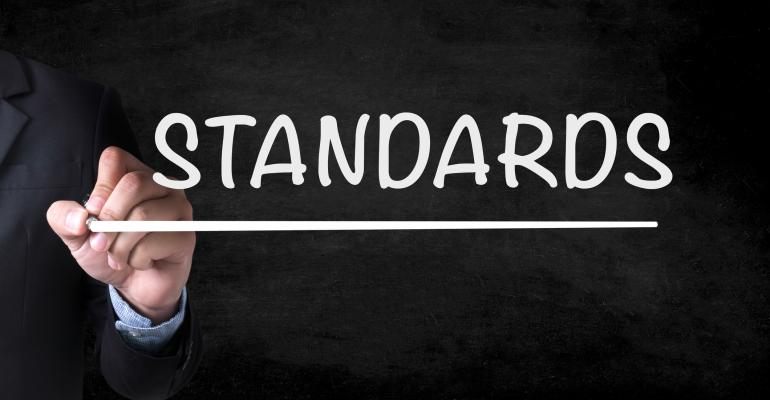

Proposed Amendments to the IFRS Disclosure Requirements

Entities that prepare their financial statements under IFRS may wish to review the Exposure Draft from the International Accounting Standards Board (“IASB”) proposing significant revisions to the disclosure requirements under the IAS 19 “Employee Benefits” accounting standard applicable to pension and post-retirement benefit plans.
By way of background, the IASB has received feedback from stakeholders expressing three main concerns about information in financial statements, namely that financial statements contain:
a) not enough relevant information,
b) too much irrelevant information, and
c) ineffective communication of the information provided.
This feedback has led the IASB to explore how to improve the effectiveness of financial statement disclosures, including the review of the disclosure requirements under IAS 19 in this Exposure Draft. The IASB’s intent is to ensure that the disclosure requirements in their accounting standard produce more ‘decision-useful’ information in financial statements.
In reviewing the proposed changes to the disclosure requirements for pension and post-retirement benefit plans in this Exposure Draft, my sense is that the IASB is trying to move away from a ‘prescriptive’ and ‘standardized’ disclosure requirement, to something that is more ‘entity-specific’.
Specifically, under the current IAS 19 accounting standards, many of the disclosure requirements are prescribed with ‘shall’-rule disclosures – such as the mandatory reconciliation of the Defined Benefit Obligation and Plan Assets from one financial statement date to the next, the asset mix for the plan assets at the financial statement date, the key assumptions, and sensitivity analysis. In contrast, the Exposure Draft is proposing to replace these ‘shall’-rule disclosures with a broad-based requirement to “disclose information that enables users of financial statements to <understand/assess/evaluate> the <expense/liability/cashflows> and <benefits/risks/strategies>”. The Exposure Draft then provides lists of non-mandatory items that could be useful to meet these broad-based disclosure requirements.
My thoughts on these proposed changes
I can appreciate a desire to remove irrelevant information from financial statements, and to ensure that more relevant information is provided and that it is communicated effectively. Nevertheless, one advantage of having ‘standardized’ disclosure requirements is that it makes it easier to compare information between different entities.
To this end, I would prefer that many of the ‘shall’-rule disclosure requirements in the current standards be maintained – and perhaps modified with an opt-out clause in situations where an entity sponsors a plan that is small and immaterial. In my personal experience in using financial statements, which is usually done in my role of assessing a target company’s pension and post-retirement benefit plans for transaction purposes, I have found it useful to have the detailed ‘shall’-rule disclosure items in the financial statements.
Nevertheless, the Exposure Draft includes some great examples of additional, non-mandatory, disclosure items that provide useful information surrounding the risk profile of the plans, or strategies adopted by the plan sponsor, including: a description of the nature of the benefits, whether the plan is open or closed to new members, details on how the plans are governed and managed, policies and process used to manage the risk, funding policies and the pattern of expected future contributions, regulatory requirements affecting the plans, and how the entity determines the assumptions used in the valuation along with reasons for any changes in assumptions during the reporting period. I believe many of these additional disclosures should be added to the disclosure requirements on a non-mandatory basis.
I would note that if the proposed changes in this Exposure Draft are adopted, then one outcome will be that entities will need to pay greater attention to what information is, and is not, disclosed in their financial statements. This will likely require a greater level of coordination with their auditors and actuaries, and potentially require management to do more work to document and justify their decisions.
Comments welcome
For those of you who are interested in this topic, I wish to note that the IASB is accepting comments on this Exposure Draft until January 12, 2022 (instructions on how to submit comments are outlined in the Exposure Draft itself).
Nevertheless, if you have thoughts on this Exposure Draft, or my comments above, feel free to share them in the comment section below.



Comments